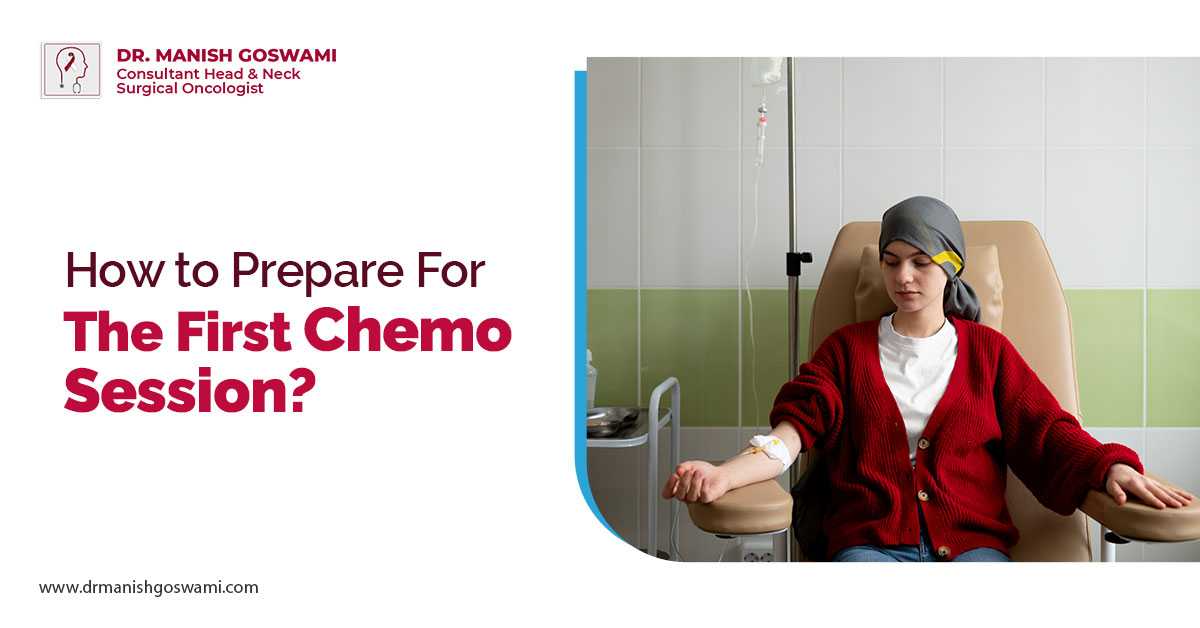Immunotherapy is a modality for combating malignancy. Immunotherapy strengthens the immune system to better detect and eliminate cancer cells by using compounds produced naturally or in a lab. Cancers of a wide variety are amenable to immunotherapy. It may be administered on its own or in conjunction with other cancer therapies.
If you are a cancer patient, visit an oncologist for the best cancer therapy in Siliguri. The fundamentals of immunotherapy for cancer treatment are outlined in this article. Read more about the potential risks associated with immunotherapy.
How Does Immunotherapy Work During Cancer Treatment?
The body's built-in defense system is called the immune system. Its function is to safeguard the body and maintain good health. It achieves this in part by identifying and getting rid of potentially dangerous things like bacteria and viruses.
When the immune system recognizes a foreign material (an antigen), it makes antibodies to either attack or combat infection directly or to summon up additional proteins or cells, such as T-cells (T lymphocytes), to eliminate the antigen. Antibodies are stored so that the immune system can quickly and effectively respond to future antigen exposure.
Immune system failures occur on occasion. Rheumatoid arthritis, lupus, and Crohn's disease are just a few examples of autoimmune disorders caused by the immune system's false alarm against the body's healthy cells. Cancer develops and spreads when the body's defenses fail to identify abnormal cellular changes as potentially harmful.
It is almost as if the immune system has slept off on the job when cancer manages to evade its defenses. Immunotherapy stimulates the body's defense mechanisms by signaling to them that the cancer cells pose a threat. When the body's defenses detect cancer cells, they activate and unleash T-cells to destroy them.
Immunotherapy boosts the immune system to fight cancer and is sometimes used in conjunction with radiation therapy or chemotherapy. Additionally, it has the potential to be used indefinitely, unlike chemotherapy and radiation, to keep cancer at bay.
Immunotherapy Regimens Often Used To Treat Cancer Include:
- The goal of chimeric antigen receptor (CAR) T-cell therapy is to enhance the body's natural T-cells' capacity to identify and destroy cancer cells. The CAR T-cells are subsequently infused back into the patient's body.
- Cytokines are proteins found in nature that aid cells in initiating an immune response. In immunotherapy, the patient receives an overabundance of cytokines synthesized in the lab and injected into the body to stimulate the immune system's reaction to the malignancy.
- Both the human papillomavirus (HPV) vaccination and other cancer vaccines work by priming the immune system to recognize and destroy tumor-associated antigens on cancer cells.
After finishing cancer therapy in Siliguri, you will need to have your blood checked regularly for a while to make sure your blood count returns to normal. Most individuals suffer a modest to severe reduction in blood cell production for a short period. Cytopenia (low blood counts) is more likely to occur if chemotherapy or external radiation is administered before radio-immunotherapy.





